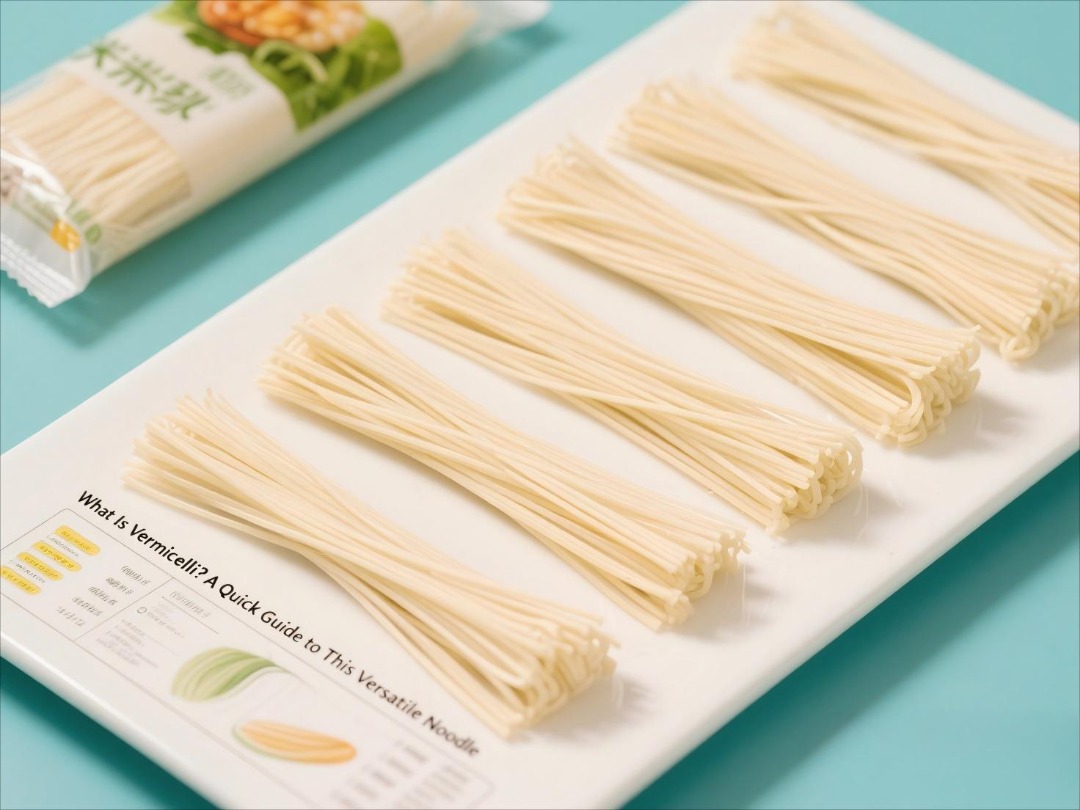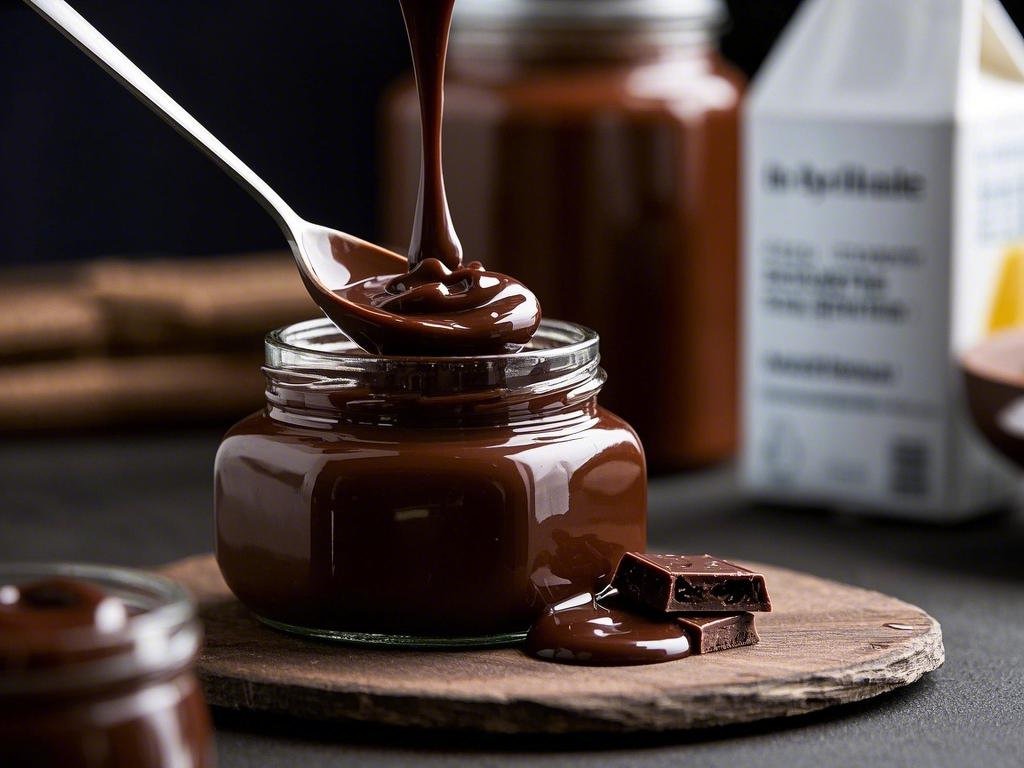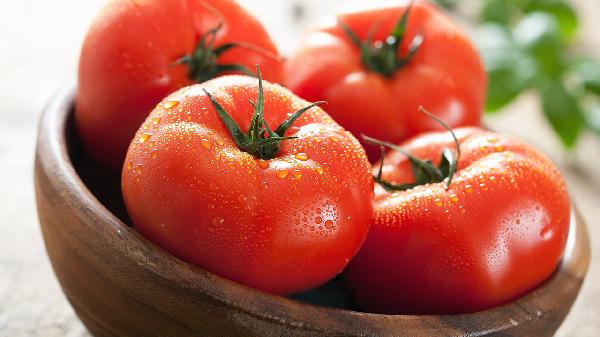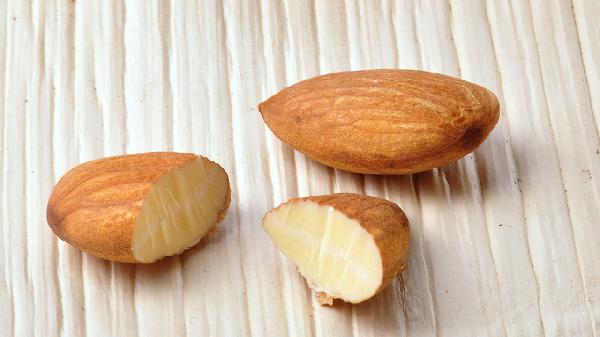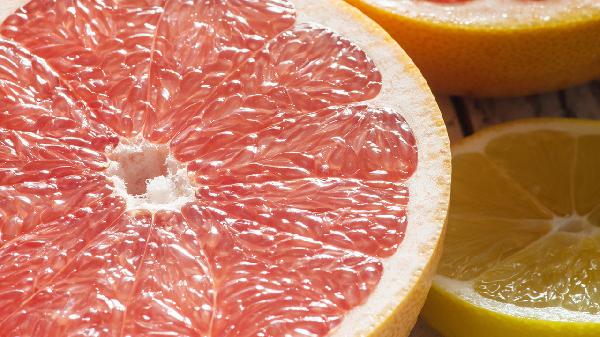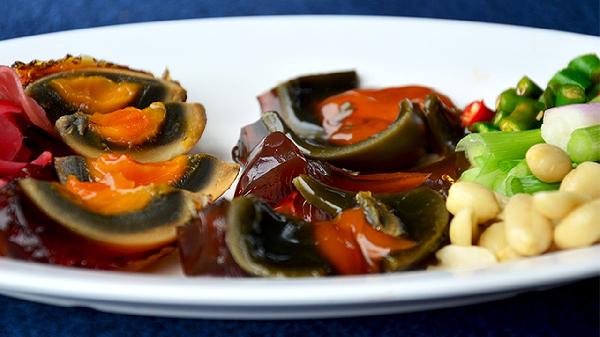If you're standing in the pickle aisle scratching your head over whether to grab kosher or regular dill pickles, here's the scoop: kosher dill pickles are typically crunchier and more garlic-forward, while regular dill pickles lean toward a softer texture and a more balanced, sometimes sweeter flavor. But the real difference goes beyond taste and texture—it's about tradition, preparation, and even a little bit of cultural flair. Let's dive into the briny details so you can pick the perfect pickle for your next sandwich, snack, or charcuterie board.
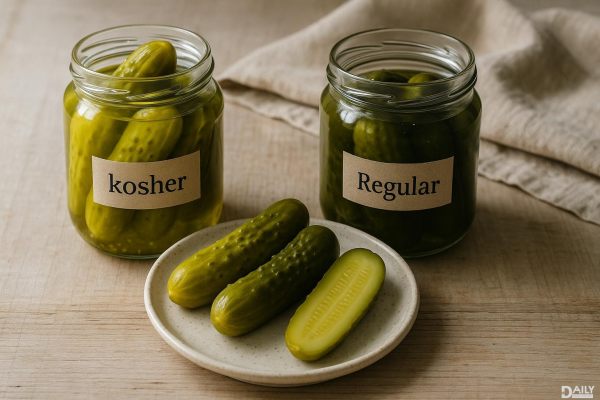
First things first—don't let the name fool you. "Kosher" dill pickles aren't necessarily certified kosher (though they can be). The term actually refers to the old-school Jewish deli-style preparation that became a staple in New York and beyond. These pickles are fermented in a saltwater brine with generous amounts of garlic, dill, and spices like mustard seeds and peppercorns. The fermentation process gives them that signature tang and crunch. Regular dill pickles, on the other hand, often skip the fermentation and go straight to vinegar brining, which speeds up production but can sacrifice some depth of flavor and that satisfying snap when you bite in.
If you're all about that crunch, kosher dills are usually the way to go. The fermentation process strengthens the pectin in the cucumber, keeping it firm even after weeks in brine. Regular dill pickles, especially the mass-produced ones, tend to be softer because vinegar brining breaks down the cucumber's cell walls faster. That said, some artisanal brands make regular dills with a crispier bite, so it's worth checking labels if texture is your top priority. Pro tip: Look for pickles with calcium chloride in the ingredients—it's a crunch-preserving powerhouse.
Kosher dills bring the flavor with a punch of garlic, a hit of dill, and that funky, fermented tang that pickle lovers obsess over. They're the kind of pickle that makes its presence known in every bite. Regular dills tend to be milder, with a cleaner vinegar taste and sometimes a touch of sweetness to round things out. If you're making a Reuben or a loaded deli sandwich, the boldness of a kosher dill can stand up to all those strong flavors. But if you're snacking straight from the jar or adding pickles to a delicate dish, a regular dill might be the better play.
Here's where things get sciency (but in a cool way). Fermented kosher dills are packed with probiotics—those good-for-your-gut bacteria that make fermented foods so trendy. The natural fermentation process also develops more complex flavors over time, like a fine wine or a killer sourdough starter. Regular dill pickles, since they're vinegar-brined, don't have the same probiotic benefits, but they make up for it with consistent flavor and a longer shelf life. If you're into gut health or just love that funky fermented taste, kosher is the move.
In the Northeast, especially around New York City, kosher dills reign supreme—they're the pickle you'd find piled next to your pastrami on rye at a classic Jewish deli. Head south or west, and regular dills tend to dominate grocery shelves. But it's not just about geography; it's about nostalgia too. For many people, kosher dills taste like childhood trips to the deli with their grandparents, while regular dills might remind them of backyard barbecues and ballpark hot dogs. Neither is objectively better—it's all about what flavors and memories you're craving.
At the end of the day (or the bottom of the jar), the best pickle is the one that makes your taste buds happy. If you love bold flavors and a serious crunch, grab the kosher dills. If you prefer something milder and more versatile, regular dills might be your jam. And if you really can't decide? Do what pickle pros do—keep both in your fridge for different occasions. Your sandwiches, burgers, and late-night snacks will thank you.


